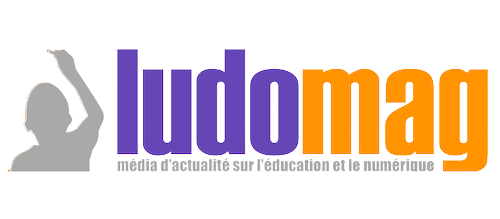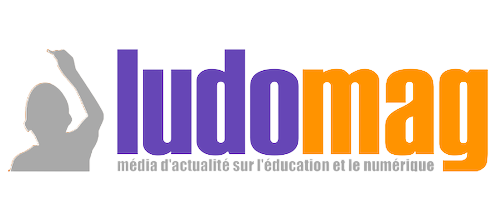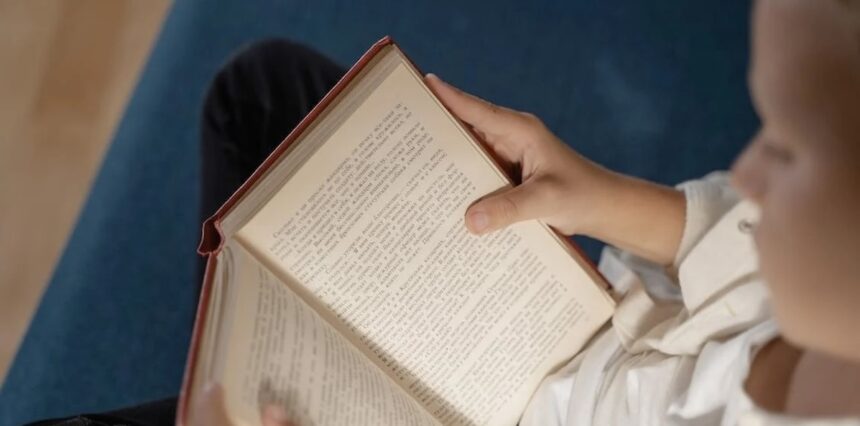Corneille, an application for learning to read for children aged 3 to 8, and the SCALab research laboratory at the University of Lille are collaborating on a research topic related to vocabulary enrichment for pre-readers in order to improve their reading readiness. Sabah Al Bilani, a speech therapist and doctoral student at the University of Lille who is working with Corneille, explains the project and the aim of their collaboration.
Before entering kindergarten, young children’s oral language skills predict their later reading skills (Ducan et al., 2007). In particular, children with limited vocabulary in kindergarten are more likely to have reading difficulties in primary school (Catts et al., 2002). Furthermore, Stavonich’s (1986) study suggests an interrelationship between these two skills. Reading comprehension itself facilitates vocabulary development through contextual cues and inferential skills.
Beyond the academic context, a rich vocabulary also has social implications for children, helping them to adapt to the expectations of others and to express their feelings and needs, as explained by Monopoli and Kingston (2012). Thus, early vocabulary has been positioned as one of the best predictors of short- and long-term academic success (Dickinson and Porche, 2011).
In addition to classroom activities, several digital learning tools are now available for children to playfully learn reading and basic skills. Among these resources, the « Corneille » application stands out.
With the support of the National Education System, Corneille has developed an application for learning to read that can be used in the classroom or at home, offering personalised activities and a digital library of over 100 titles suitable for children aged 3 to 8. In its current form, the application is already being used in 450 classrooms. Convinced that vocabulary is a predictor of reading ability in young children, Corneille intends to enhance the application by offering digital activities to reinforce vocabulary.
This release is part of a collaboration between Corneille and the SCALab research laboratory at the University of Lille, which aims to understand the cognitive mechanisms involved in vocabulary learning and their impact on reading.
The ultimate goal of this collaboration is to develop a digital vocabulary enhancement tool based on a scientific analysis of the cognitive mechanisms involved in vocabulary learning. Specifically, this tool will be designed for pre-school children and will offer scientifically validated, playful activities to help them develop their vocabulary. In the long term, this collaboration will contribute to reducing the reading gap and ensuring the academic inclusion of the most vulnerable children.
Our project is motivated by the significant role that digital technology plays in everyday life. However, it is important to emphasise that the success of digital inclusion depends on thoughtful and adapted use. According to pedagogical programmes, digital tools have their place in kindergarten, provided that their use is guided by a teacher and focused on pedagogical objectives. Designed as a tool to work on different skills, digital technology offers teachers the opportunity to gain autonomy and pedagogical creativity through these resources.
It also makes it possible to individualise teaching according to the progress and difficulties of each student in the school environment, thus promoting the inclusion of students with disabilities. In this way, our application could serve as a tool to assist and support teachers in their daily vocabulary work.








